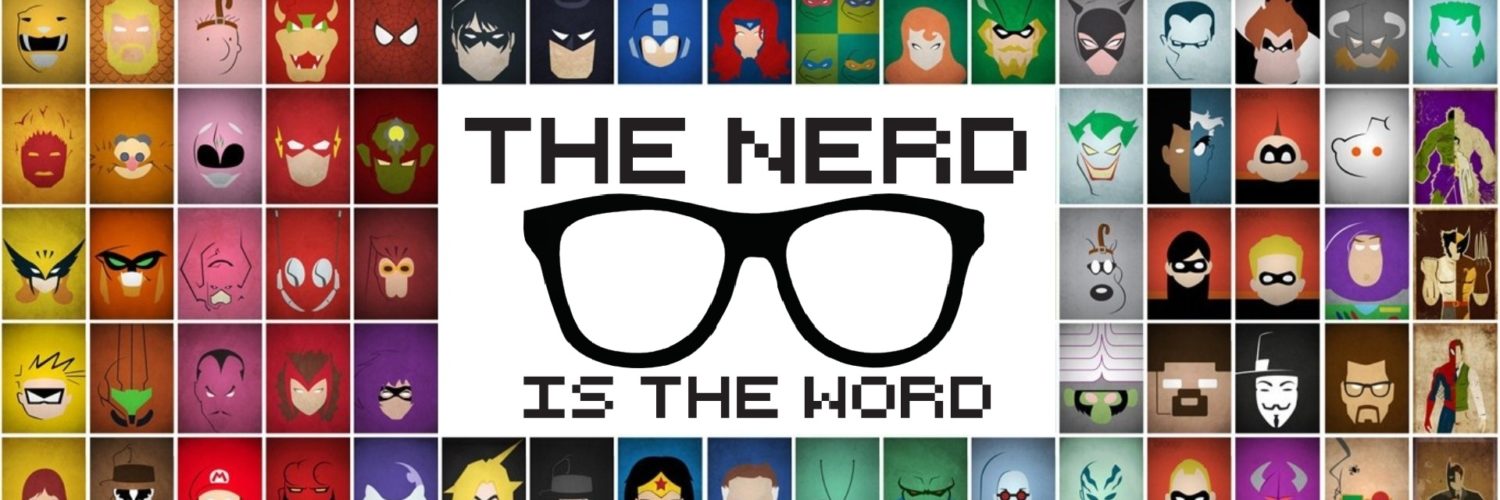
Black Panther has always been one of my favourite super heroes and I thoroughly enjoyed the movie (though I didn’t review it for reasons I explained here). Director Ryan Coogler did an excellent job of telling both T’Challa’s and Wakanda’s origins while maintaining the perfect balance between fantasy and real world politics. Black Panther definitely didn’t shy away from its cultural significance or ignore the political elephant in the room, but it was never condescending or heavy handed either.
But walking out of the theatre I was genuinely concerned. Race relations south of the border have been fragile at best for the last fifty years (and we have plenty of our own problems on that front north of the border). Images of police brutality have become routine on the evening news, talk of building walls and banning Muslims dominate the political conversation and the Klu Klux Klan and other assorted white supremacists fearlessly hold rallies in major cities during broad daylight. Hatred and ignorance seem to be en vogue and people who were once afraid to show their faces now possess a bold courage that’s more than a little frightening.
Much was made about Black Panther being the first major movie about a black super hero (yes Blade rocked, but he was definitely more of an anti-hero) and that inspired legitimate concerns about racial backlash at the box office. There was even doubt that the magic Marvel brand, which had turned obscure properties like Guardians of the Galaxy, Ant-Man and Dr. Strange into blockbusters, may not have been able to overcome America’s persistent colour barrier.
And I had seen a lot of hostility for Black Panther in the days leading up to its release. There were fears about soft overseas box office numbers (Chinese audiences have earned a reputation for avoiding films starring people of colour) and the people hoping this movie would fail (from white nationalists to DC fanatics to unapologetic racists) were lined up around the block.
But in the end, Black Panther rose above the noise and the stupidity. It has become one of the most successful movies in domestic history (super hero or otherwise), it joined the vaunted billion dollar club weeks ago and was still in the top ten box office earners when Avengers: Infinity War came out over two months after Panther premiered.
It was so successful it drove far right wing shock jocks like Ben Shapiro nuts.
In the end, money talked. And money silences everything else.
Pop culture and entertainment are no different. People complain ad nauseam about sequels and reboots on the big screen, but the simple fact is those are the movies that make the money while many fresh and innovative ideas are often ignored (or did you the Paramount financed five Transformers movies because they missed the toys?).
Which is why Black Panther’s astounding box office success is so important.
Not only is entertainment a reflection of who we are, but where we’re headed and who we want to be as well. Twenty-five years ago the fight for LGBTQ rights and marriage equality was mired in public apathy. And there was little political will to progress the issue as a result. But as attitudes began to change, political gears also began to turn (basically to convert the shifting social tides into votes). And Hollywood was there holding up a mirror.
While he was VP, Joe Biden credited TV shows like Will & Grace for breaking down a lot of the stereotypes and stigmas surrounding the LGBTQ community and its fight for civil equality. Whether that was accurate or not, gay representation on millions of small screens across North America definitely spiked around the turn of the millennium. And many of those shows enjoyed considerable levels of pop culture success. You don’t need to look too far to find mountains of evidence that seeing someone like you portrayed positively in mass media can make all the difference in someone’s life, especially confused and isolated youth.
Black Panther was definitely a cultural touchstone but it was also the most recent addition in a growing string of successful movies starring black casts and characters. If it wasn’t the critical acclaim of Moonlight and Hidden Figures, it was the runaway success of Get Out (which made Jorden Peele the first African-American to win the Oscar for Best Original Screenplay).
But Panther stands out for two reasons. It didn’t rely on standard archetypes for black characters (slaves, subordinates or criminals) and it was financially successful beyond anyone’s wildest dreams.
And as harsh as it sounds, the second reason is the most important one. Money doesn’t just talk, it screams louder than anything else in the room.
The big screen isn’t alone in giving black actors more opportunity. Whether on traditional network TV, specialty channels or streaming platforms, shows like Blackish, Atlanta, The Chi, Black Lightning and Dear White People (among others) are giving the black community opportunities across the spectrum. More importantly, its giving it exposure.
But at the end of the day, Black Panther’s mind boggling box office success can’t be ignored or dismissed by its political critics. While Hollywood loves to claim it’s progressive, it’s primary concern is and always has been money. Social messages are all nice and good, but if they don’t pad the spreadsheet at the end of the year they’re ignored by both Wall Street and Main. But Black Panther’s stratospheric numbers should convince the studio suits that call the shots that, done right, a movie with a predominantly black cast telling stories outside of the stereotypical box can pad their bottom line.
And that’s a message everyone will listen to.


